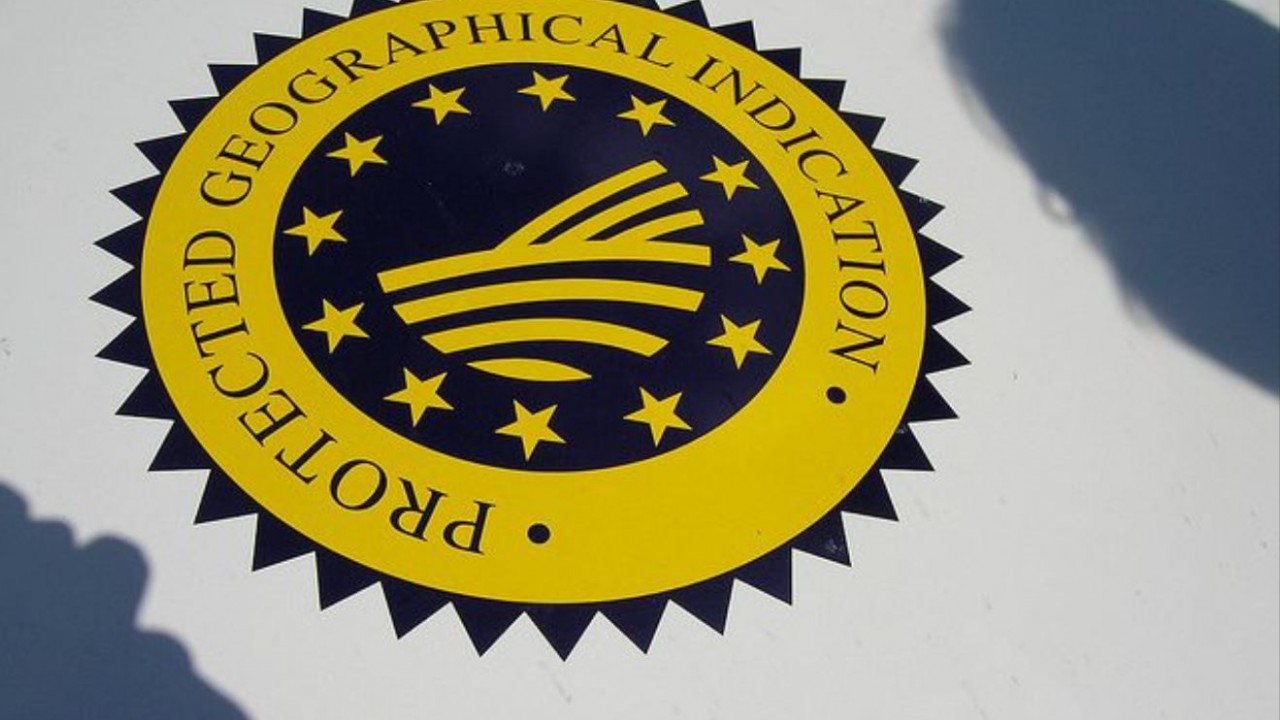NI Agriculture Minister Edwin Poots has weighed in over concern Northern Irish farmers have been excluded from a new, proposed PGI (Protected Geographical Indication) for Irish grass-fed beef.
Responding to a question from Agriculture Committee chairman Declan McAleer, Minister Poots explained a recent study carried out by the European Commission found that in 2017 PGI meat sold for an average of 1.2 times as much as comparable standard products without a PGI label.
“Therefore, if successful, the registration of ‘Irish grass-fed beef’ under the EU’s PGI scheme has the potential to deliver economic benefits for qualifying businesses,” Poots said.
“In 2018, Northern Ireland exported £131 million worth of beef and sheep meat to the EU [excluding the UK and Ireland].
“I would like the Northern Ireland industry to benefit from the proposed PGI application and have, therefore, asked the new Department of Agriculture, Food and the Marine Minister, Charlie McConalogue, that we work together to ensure that beef farmers in both jurisdictions can take advantage of the potential value conferred by having this PGI status.”
A Department of Agriculture, Environment and Rural Affairs’ (DAERA) spokesperson confirmed to AgriLand that Minister Poots had recently written to his Department of Agriculture, Food and the Marine counterpart.
The letter is understood to have asked that the two ministers work together to ensure beef farmers in Northern Ireland, as well as in the Republic of Ireland, “take advantage of the potential value conveyed by having the proposed PGI status”.
What would PGI status mean?
Registration of ‘Irish Grass-Fed Beef’ as a PGI offers legal definition over what can be marketed under the term.
Livestock & Meat Commission Northern Ireland (LMC NI) chief executive Ian Stevenson warned that, if granted, it could see Northern Irish farmers banned from using the phrase to market their beef.
In a statement made to AgriLand, Stevenson said his organisation was in discussions with Bord Bia and with authorities to establish how farmers in the north could participate in the process.
If this principle can be agreed then the practical steps to verify the technical aspects of grass-fed beef in the Northern Ireland area can be worked through.
“It would be a good outcome for our industry if a PGI for Irish Grass-Fed Beef covering the full geographic area of the island of Ireland can be successfully registered with the European Commission and we look forward to further constructive engagement on this issue in the weeks and months ahead,” he said.
Next steps
A total of 22 submissions were received during the month-long national opposition procedure for the proposed PGI.
The next step is for the submissions to be considered by the department, and if it determines that it is appropriate for the application to proceed, a final version of the application documents will be published.
The Republic’s department will also consult with the Beef Market Task Force on the matter.
Following successful completion of this process, the application will then be submitted by the Department of Agriculture, Food and the Marine to the EU Commission for further scrutiny.
If the EU Commission is satisfied that the application meets the requirements, the commission will provide an opportunity for other member states and third countries to engage in an opposition procedure. It’s at this stage, Northern Ireland may wish to object.
Any decision on whether PGI status will be granted depending on the outcome of the EU’s scrutiny of any opposition at that stage.

